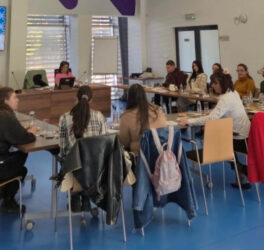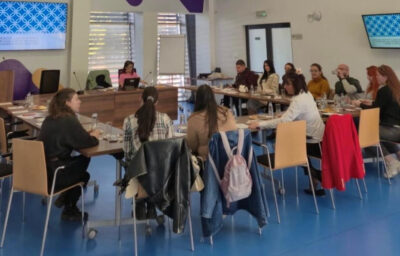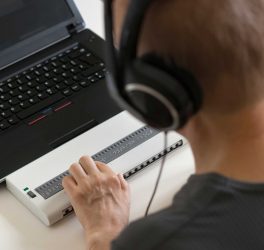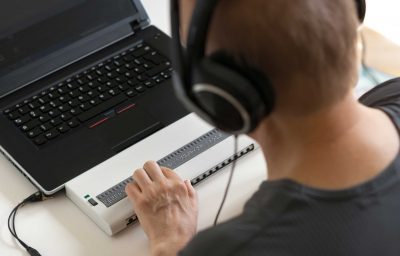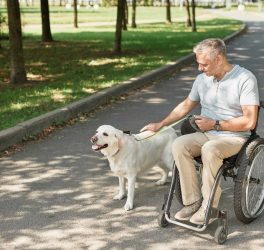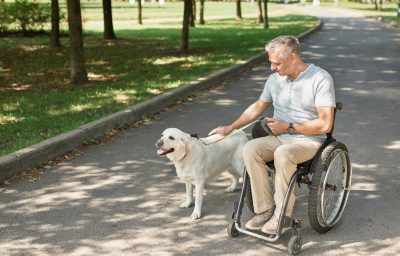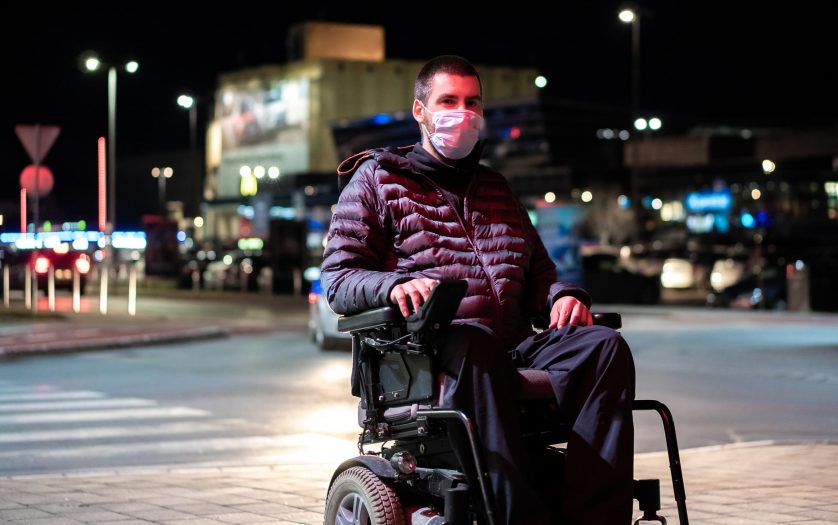
Responses to the spread of Omicron caused considerable stress, confusion and put the well-being of persons with disabilities at risk, an urgent inquiry by the Human Rights Commission (HRC) has found.
“The aspirations and needs of persons with disabilities and their whānau do not appear to have been given prominence in government policy and decision making throughout the pandemic,” says Disability Rights Commissioner Paula Tesoriero, “and some groups reported reduced levels of trust and engagement for disabled people and their whānau during the Omicron phase.”
Tesoriero launched the inquiry on March 11 into the support of persons with disabilities during the Omicron outbreak using powers under the Human Rights Act 1993.
“I was concerned about whether disabled people’s rights were being upheld,” says Tesoriero.
The inquiry gathered information from 30 organisations and networks about what they understood to be the current experiences of disabled people, and their whānau.
The report and recommendations to the Government released today is available on the Human Rights Commission website.
Tesoriero says that the move from alert levels to the COVID-19 Protection Framework saw a reduction in public health measures.
In combination with the emergence of the Omicron variant and widespread community transmission, risks to disabled people, tāngata whaikaha Māori and their whānau have increased.
Mitigations were needed in relation to the greater risk for many disabled people and tāngata whaikaha Māori of getting COVID-19 as well as issues such as risks to disruptions in services, access to essential services and needing information tailored to their needs.
Ms Tesoriero acknowledged that the Inquiry was told about some good experiences such as great support from Māori and Pacific organisations, and the support and information disabled people provided to each other, but mostly experiences were stressful.
Many submissions shared experiences of their frustrated attempts to be heard during the earlier stages of the COVID-19 response. Some organisations talked of being involved in disability advisory groups, but this did not guarantee that the views and concerns of disabled people and their whānau were listened to or acted upon.
Submissions also emphasised the worry and stress that came with the shift from ‘Alert Levels’, to the introduction of the COVID-19 Protection Framework.
Many of the issues disabled people identified in the first two years of the COVID-19 response have worsened, while at the same time COVID-19 restrictions and the protections they offered disabled people and their whānau, and communities, have lessened.
Tesoriero says the purpose of this Inquiry is not to comment on the Government’s move away from the elimination strategy, but to highlight the crucial importance of putting appropriate mitigations in place to address those increased risks for disabled people, tāngata whaikaha Māori and their whānau.
“Most importantly, their voices must be central to the ongoing response to COVID-19.”
Submissions also called for a need for stronger commitment to Te Tiriti o Waitangi by government agencies, in a way that creates conditions for tāngata whaikaha Māori and their whānau to express mana motuhake, and to ensure that government services and funding meet their aspirations and needs.
Tesoriero says that the government has responded positively and with urgency to some of the issues raised during the Inquiry.
“This must be sustained and pivot the way governments respond to the needs of disabled people and tāngata whaikaha Māori now and in the future.”



